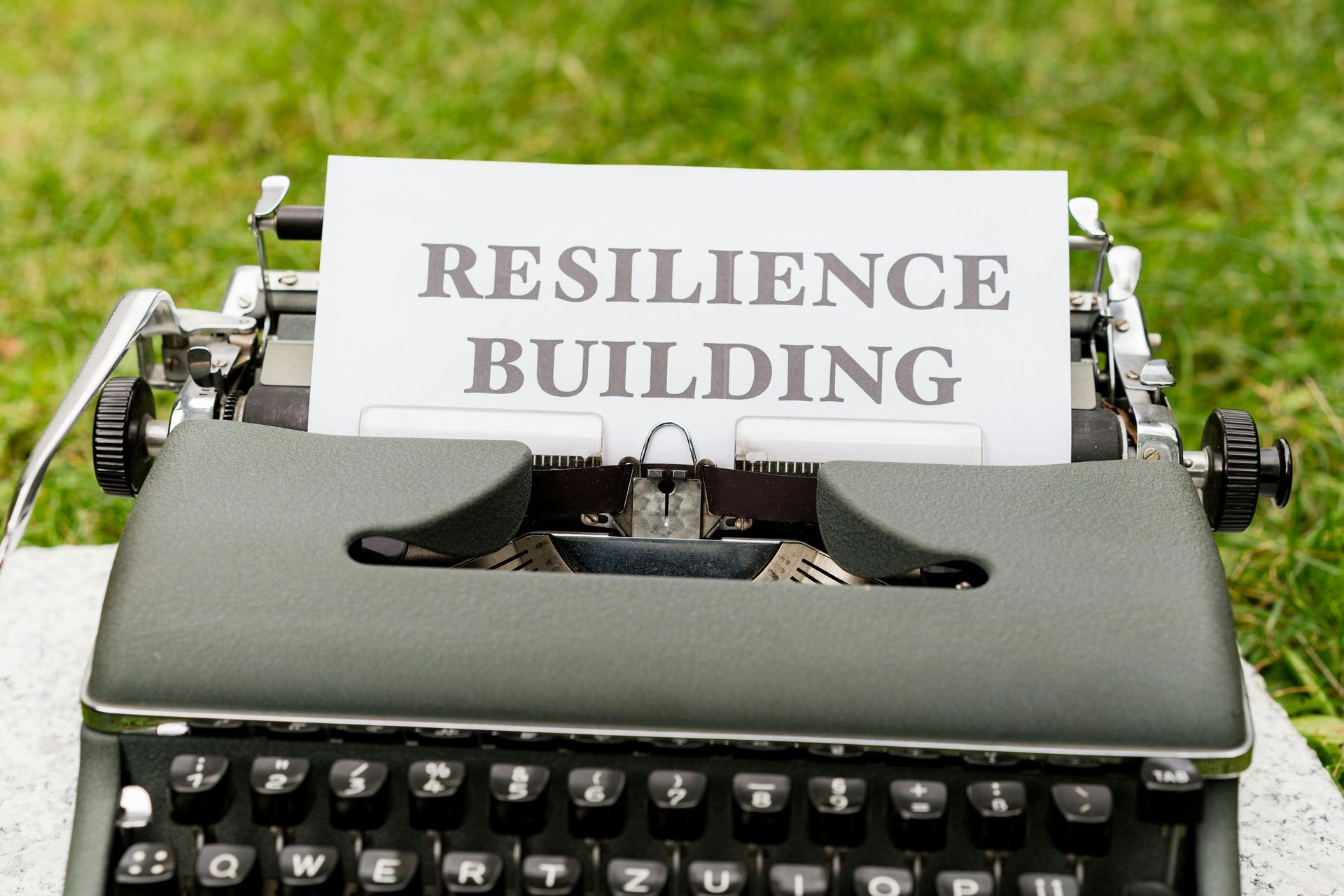Discover How Virtual Offices Reduce Costs, Boost Flexibility, and Build Long-Term Business Stability

The past few years have underscored the critical importance of business continuity. From global pandemics to unforeseen natural disasters and geopolitical shifts, organizations have faced unprecedented disruptions. In this environment of constant potential upheaval, the virtual office has proven to be more than just a flexible work arrangement – it's a fundamental pillar of business resilience.
One of the most significant ways virtual offices contribute to business continuity is by decentralizing operations. Unlike traditional businesses heavily reliant on a single physical location, virtual organizations are inherently more distributed. If one area is affected by a disruption, the entire operation isn't necessarily brought to a standstill. Teams can continue to work and collaborate from various locations, ensuring essential functions remain operational.
The infrastructure of a virtual office, relying on cloud-based technologies and digital communication tools, also provides a layer of redundancy and accessibility. Critical data and applications are typically stored securely in the cloud, accessible from anywhere with an internet connection. This eliminates the risk of data loss or inaccessibility due to localized disruptions affecting a physical office.
Furthermore, virtual offices empower employees to continue working regardless of their physical location or personal circumstances. During events that might prevent access to a traditional office (e.g., severe weather, public health emergencies), remote workers can maintain productivity, ensuring business operations can continue with minimal interruption. This adaptability is crucial for maintaining client relationships, meeting deadlines, and sustaining revenue streams during challenging times.
The inherent flexibility of a virtual office model also allows businesses to
scale and adapt quickly in response to disruptions. Whether it's onboarding new team members to handle increased workload or adjusting workflows to navigate new challenges, the virtual infrastructure can accommodate these changes more seamlessly than a traditional office environment.
Moreover, the experience gained in managing virtual teams and processes can enhance a company's overall preparedness for future disruptions. By developing robust digital communication strategies, secure remote access protocols, and effective virtual collaboration tools, organizations build a foundation of resilience that can be leveraged in various unforeseen circumstances.
In an increasingly unpredictable world, building a resilient business is no longer optional – it's essential for long-term survival and success. The virtual office provides a powerful framework for achieving this by:
- Decentralizing operations to mitigate the impact of localized disruptions.
- Leveraging cloud-based infrastructure for data security and accessibility.
- Enabling employees to work remotely and maintain productivity during crises.
- Providing the flexibility to scale and adapt quickly to changing circumstances.
- Building organizational preparedness for future disruptions.
By embracing the virtual office, businesses can move beyond simply reacting to crises and instead build a future-proof foundation that ensures continuity and resilience, no matter what challenges lie ahead.
Is your business prepared for the unexpected? Explore our virtual office continuity solutions and visit our
case studies featuring current and past clients.

Beyond the Desk: Unlocking Strategic Advantages and Work-Life Harmony with the Modern Virtual Office











